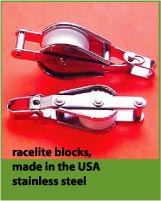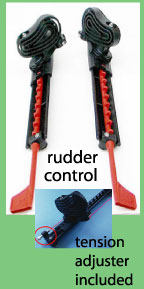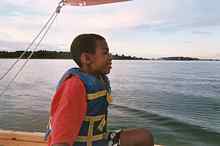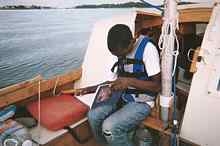Part One - Part Two
We awoke about 8 the next morning to find rain and wind both much diminished. Breakfast was even more delayed: the lighter took an hour and a half to light, refusing to work until after warming in my pocket and being tried until my trigger finger began to cramp. After that it was time to pack. I wanted to get into Hingham near the 1pm top of the tide, to avoid the difficulties of the outbound trip. I worked away steadily at my tent and wondered what was happening inside their tent. Eventually I found out: nothing, since both boys had decided to take off their wet clothes, and there were no drier ones to put on instead. Eventually I got the stove going and found a solution.
More lessons learned:
- A few minutes in a saucepan on a hot stove is enough to warm wet clothing enough to put on. (Not dry it, mind you - just make it feel less miserable to wear for that critical first minute.)
- Don't try this with nylon.
- The organizational skills of children with ADHD are not improved by being tired and cold.
- Yelling may make you feel better, but won't necessarily improve the outward situation.
I did not manage our departure well at all. After my instructions went unheeded and I found the boys throwing apples at each other three separate times, I decided to leave the remainder of the packing to them while I paddled out to the anchored boat and brought it to the beach. The last equipment came on board very tardily, out of order, and covered with sand. The boy's tent was a random bundle trailing tent stakes and pieces of pole. (Bags for all of these came separately later on.) I kept the boat on the beach - its bottom grinding against the shingle with the wake of every passing boat for an hour, to do a loading job that should have taken ten minutes as first one boy, then the other, shuffled to the beach with an arm-load of miscellany. I'm afraid all my shouting did not leave a good impression with the rangers, who wisely kept out of sight.
My inability to get the deeply-buried anchor off the bottom meant that I had brought the boat ashore by bending on additional rode to reach the beach. Now we hauled off, rigged to leave, and stood taut-rode and directly above the anchor, which I expected to do the trick fairly quickly. It didn't. Even taking up the slack and cleating off in the troughs of boat wakes so that the full buoyancy of the boat was on the rode didn't unearth the anchor. Squinting, I could just see the end of my six feet of chain standing above the bottom. More than an hour later, I finally had the whole anchor chain hanging below, but still the boat did not move. More pulling, and the chain came to the gunwale in the 8 feet of depth, but still the boat felt stuck. If you do the math, you'll see the anchor must have been above the bottom. What was going on? All at once we realized the boat was adrift, with the magic anchor seemingly still pulling nearly as hard as ever. I cleated it firmly below us and we sailed very slowly and unsteadily out into Hull Bay.
The sun came out at last, and it grew quite warm.
Finally, by passing my painter through one link after another in the chain and using it as a two-part hoist, I managed to get my anchor into view: it had hooked solidly through a big rusty Danforth that had fouled with its own chain. The old chain-and-anchor had formed a loop that my own Danforth had gone right through the middle of. Unwilling to try any further to hoist it on deck (having already chewed-up my gunwale in the exercise), after more than an hour's effort I still had to cut the whole mess loose in the deep waters of Hull Bay. But at least the mystery was solved.
|
Stephen is positively cheerful at the tiller. |
|
Now we can read Peter Pan in the sun! |
|
Nearly sunset; Boston skyline at right. |
|
Sunset over the Hingham Yacht Club. |
More lessons learned:
- I have a lousy sense of direction, and, for all my experience, can't read the shoreline for beans. I'm a poor navigator even with a GPS in my hand, and terrible without one.
- I don't care if it is only 4 miles - BRING THE GPS NEXT TIME!
- The spare GPS isn't much use if you can't find it.
- A "simple straight shot" might not be so straight at low tide. It's even less simple at night. And even less simple when the buoys marking the winding channel are unlighted.
- A wife and mother who will put hot food on the table for you at any hour is a priceless treasure.
|








